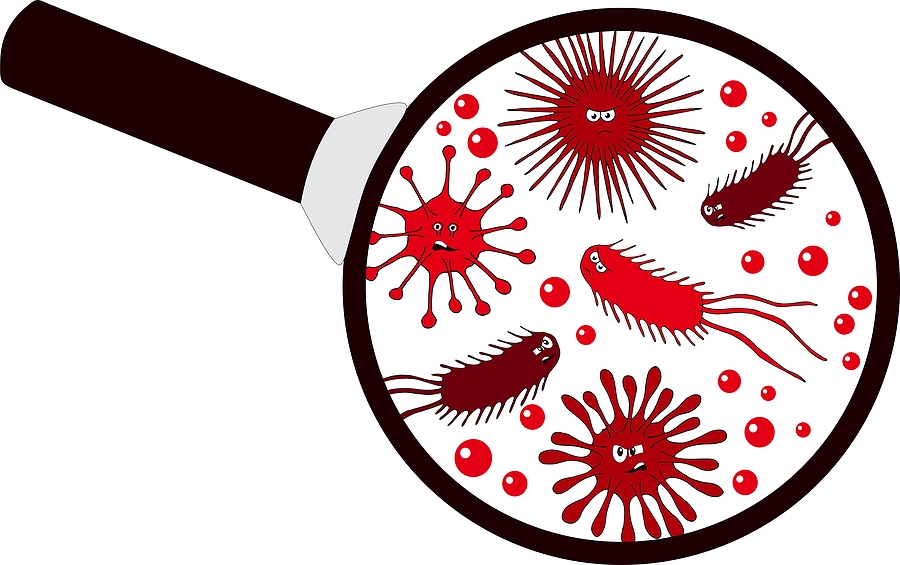When life knocks us over we need all the reserves we can muster. A surprisingly useful one could be our gut.
In a typical loss scenario we might feel emotionally raw, directionless, sad, perhaps not sleeping well, not ‘coping’. And although this is a perfectly normal response to, say, losing someone close to us, it’s not one that our culture handles well.
We can become afraid that we’ll never get on top of things, so we visit our GP and come away with a prescription for an anti-depressant.
Let me take a side-step here to note that Australians take a lot of anti-depressants. We’re the second highest users in the world (behind Iceland, go figure).
Last year, Zoloft made the list of our 10 most prescribed medications. Usually this is taken up with drugs for cholesterol, blood pressure and diabetes.
An analysis by a team from the University of NSW of our use of anti-depressants from 2015 to 2021 — which encompasses the height of the Covid-19 period — shows that every age group has increased their use and women take anti-depressants more than men. Average length of use is about four years.
This could reflect the fact that mental health has come out of the closet, we’re talking about it more, the stigma is falling away, and more people are getting the help they need.
Given most prescriptions come from GPs, it might also reflect that a 15-minute consultation isn’t long enough to get to the heart of what an individual patient needs, and a prescription is the best anyone can do in that time.
The GP has done their job and the patient goes away with something, so there’s a tick in both boxes.
It’s also a lot cheaper than talking with a counsellor or psychologist, in the unlikely event that you could get an appointment with one of those in recent times.
The most prescribed anti-depressants are Selective Serotonin Reuptake Inhibitors (SSRIs). These include Zoloft, Prozac and Lexapro.
It’s commonly understood that SSRIs treat depression and anxiety by increasing the levels of serotonin in our brain. Serotonin is a chemical messenger or neurotransmitter. This gave rise to the ‘chemical imbalance’ theory of depression which has held sway for a good 30 years.
A recent investigation into this theory by UK researchers raised a few eyebrows when it concluded that there’s no evidence that depression is associated with or caused by lower serotonin levels.
A couple of leading American psychiatrists responded by saying that in their profession the chemical imbalance theory was never taken onboard, and that we don’t know how anti-depressants work, they just seem to.
Which at the very least makes the whole picture interesting.
This isn’t to say we shouldn’t use them — they’ve been a Godsend for some people and helped many others over a hump — but we’re all different, so stay informed, do your homework on potential side-effects and work with whoever prescribed them if and when you feel it’s time to start coming off them.
But back to the gut. You most likely know it contains a chemical factory of microbes called the microbiome.
You probably also know that increasingly we’re learning that these microbes affect other parts of our body, including our brain.
Our gut bugs produce chemicals that control our mood. They even produce serotonin, so it’s argued that a healthy gut can help us to manage stress and anxiety. Maybe we can make our own anti-depressants?
Professor Tim Spector from King’s College London studies the microbiome. As he points out, we want a diverse range of gut bugs: an English country garden rather than a desert.
People with depression typically have less diversity of such bugs. A healthy (i.e. diverse) gut also helps us to utilise anti-depressant medication more effectively.
But some things make our gut more desert-like. Age, for example, though centenarians have been shown to have a more English garden style of gut.
Processed food also savagely depletes our microbe collection. As we get older we can be tempted to eat more of it because it’s quick and easy.
Tim Spector’s advice is to eat the widest variety of vegies and fruit we can, plus cultured foods like sauerkraut, kim chi, yoghurt, kefir, cheese, kombucha and so on.
An Australian company called Activated Probiotics is even selling a range of products for various purposes — to support bone health, reduce eczema, counter the use of antibiotics and ‘support healthy mood balance and enhance sleep quality’, for example.
To be honest the science on this isn’t there yet. Human trials haven’t been long enough or big enough to be conclusive, but there’s promise, and this might be a forerunner of what we can expect in future.
Tim Spector would tell us to rely on diet at this stage. “A diverse Mediterranean-style diet with a range of fermented foods to keep your microbes happy is looking like the best present you can offer your brain,” he says.
Photo Source: Bigstock

